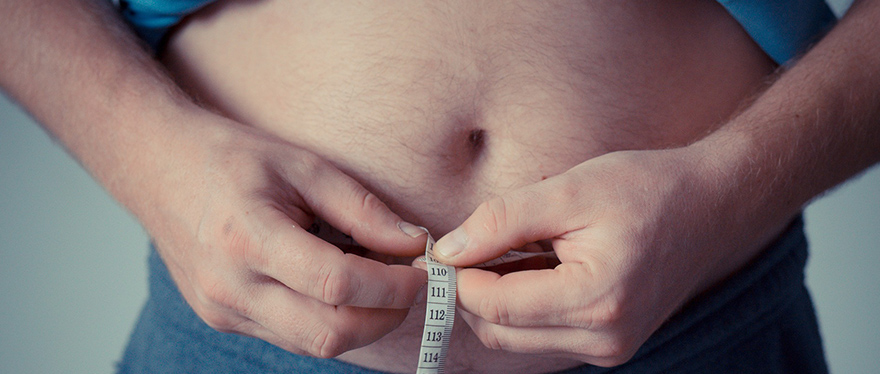Obese individuals are at increased risk of being subject to discrimination in various settings, from the early kindergarten social interaction with their classmates, in a family reunion, going in an interpersonal relationship in high school, finding a job in the adult life or even getting medical attention in health care facilities. Weight based discrimination is is the third leading cause of prejudice next only to age and race,[1]. Of all types of discrimination of obese individuals there seems to be more widespread in employment, this may be due from increased health care costs, decreased productivity and increased absenteeism, which is perceived among coworkers as laziness. Also as a result of discrimination obese individuals might be reluctant to seek medical care and be more likely to cancel or delay preventive health care services,[2].
Stigmatization of obese individuals poses psicological, and physical deleterious effects on obese people and generates a negative impact in the approach to reduce this epidemic disease. Now we have scientific evidence that tells us that not all weight gain is in the control of obese people, but also there are powerful contributors to become obese out of the control of these individuals, and the most powerful tool to overcome this disease is to increase public awareness and provide information about the complexity of the etiology of obesity such as biological and genetic contributors improves attitudes and stereotypes, generating a more positive attitude towards weight loss outcomes,[3].
1. Andreyeva T.Puhl RM, Brownell KD, Changes in perceived weight discrimination among Americans, 1995-1996 trough 2004-2006. Obesity (silver Spring). 2008;16(5):1129 -34
2.Budd GM, Mariotti M, Graff D, Fankelstein K,Health care professionals’ attitudes about obesity; an integrative review, Appl Nurs Res.2011;24(3):127-37.
3.R.A. Forse.D.M. Krishnamuty, The ASMBS Textbook of Bariatric Surgery 2015;(1): 9-11.
Dr. Galileo Villarreal
Bariatric Surgeon





